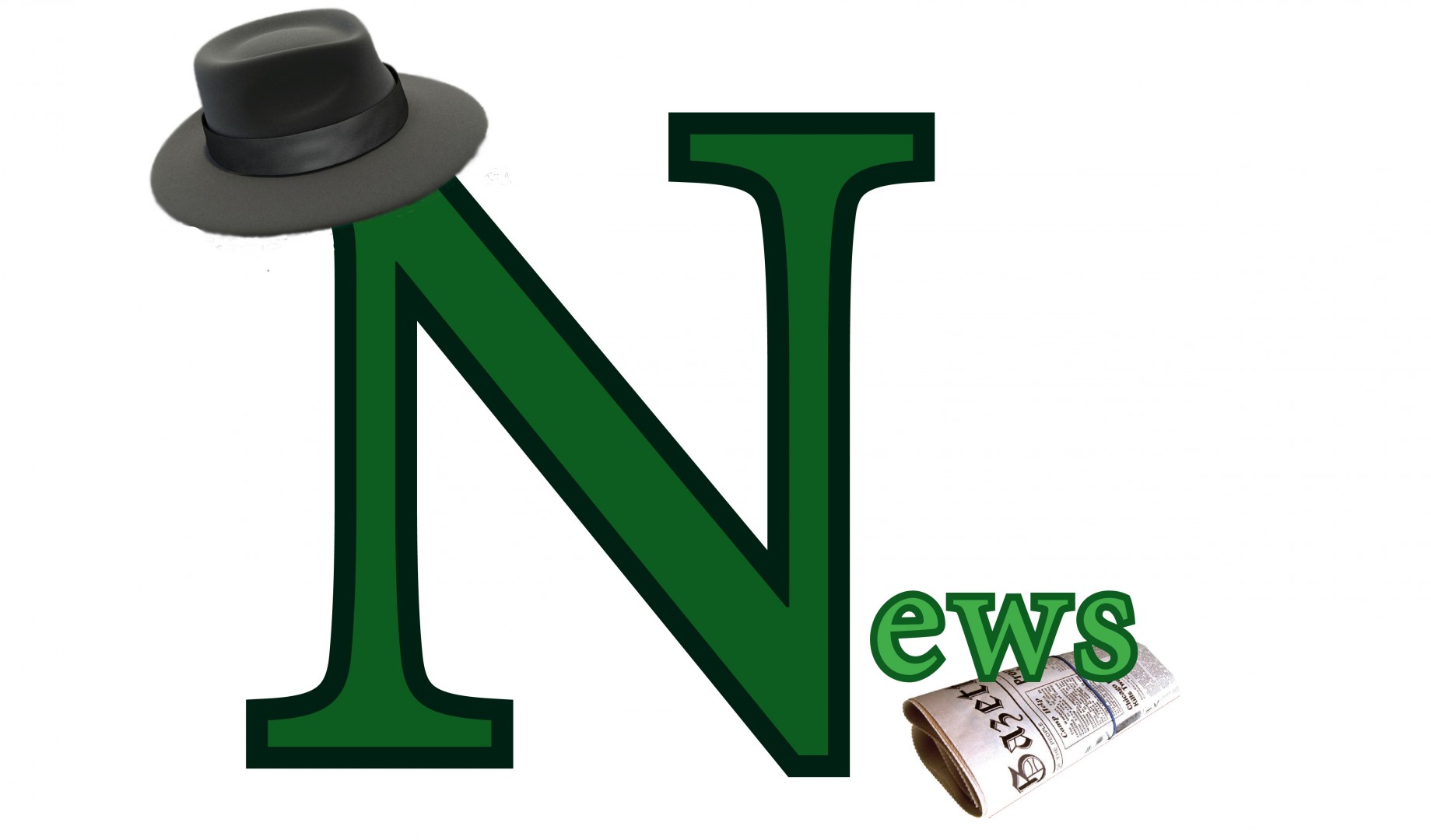On Friday, the Department of Media, Film and Journalism Studies (MFJS) hosted a conference examining the intersection of news and social media and its impact on journalism in two sold out panels.
The event, titled Hashtag: Journalism Redefined, was held in the Anderson Academic Commons and hosted journalists from local news and television news outlets including 9News, CBS4, The Denver Post and the Associated Press.
A third session, focused on communication between public relations teams and journalists in times of crisis, was also featured at the event that afternoon.
“It’s the same journalism in a new wrapper,” said Kyle Clark, anchor for KUSA-TV and 9 News during the first panel, “Social Media Journalism at the Local Level”. “What people still want is the same – timely breaking news and they want you to help them make sense of things.”
Panelists for the first session included: Phil Tensor, director of new media for 7News and the Denver Channel, Daniel Petty, Denver Post social media editor, 9News and KUSA-TV anchor Kyle Clark and CBS4 morning anchor Britt Moreno.
The panel centered on how journalists can use social media to build a “personal brand,” as well as how developing social media has impacted the news cycle and communications with audiences.
“You’re never really off the clock,” said Petty. “Your personal and professional lives are so intermixed now. You have to realize you’re ‘on’ 24/7 – especially now, when people don’t trust newspapers as much as they used to.”
Clark also spoke to how social media has affected deadline pressure on journalists and their image.
“The question is, are you willing to live your life in the constraints of the profession we have all chosen, which is you don’t act like a fool,” said Clark.
The panelists also said social media has opened up different ways for traditional news sources to interact with audiences.
“It’s not about bringing people to us, it’s about going to them with the information,” said Tensor. “Our duty is to make sure we bring information to the people wherever they are.”
According to the panelists, one of the most important benefits of new media such as Twitter is being able to access more information and sources, particularly on breaking events, as well as the ability to more thoroughly analyze news.
“If I see someone has a smart take on something, I share it,” said Clark, who said he considers Twitter his primary news source. “The great value is getting divergent opinions on what is going on.”
Petty reiterated the point, saying everyone is now “a wire service,” or a channel of information for journalists they may access for sources or stories.
However, they emphasized this does not mean quality and accuracy should be compromised.
“The greatest value we can have over the next few years (with social media) is…to be a rolling fact check,” said Clark. “Sharing what is true or not is highly valuable. People still want highly sourced information.”
The second panel that morning, “Impacts on the Journalism Profession,” examined similar issues from the perspectives of news directors and bureau chiefs. This panel included Tim Wieland, news director at CBS4 Denver; Patti Dennis, news director and editor at JUSA-TV and 9-News; Jeff Harris, news director at KMGH Channel 7 and Jim Clark, bureau chief for the AP Colo., Mont., Utah and Wyo.
The panel again focused on the impact social media tools have had on newsroom deadlines.
“You are in a constant state of deadline,” said Weiland. “Deadlines have been washed away.”
However, the panelists emphasized the continued need for accurate reporting even with faster sharing and aggregating routines.
“Nothing replaces accurate reporting,” said Harris. “Our need is to adapt and to not be stuck both physically and socially.” Harris admitted during the panel that he has only “tweeted” one time.
The panelists also focused on the continued importance of reporting and news writing, skills which they said must stay the same as methods continue to evolve.
“You still have to be out in the field talking to people,” said Dennis.
However, all agreed that social media tools have made journalism better, which they discussed at the close of the panel.
“There are more voices in news reporting and I’m a fan of that,” said Dennis. “The most important part is the words.”
Panel attendee Jackelyn Nguyen, a 2012 graduate and enrollment marketing manager for the Daniels College of Business, said the conference gave her lots of tips for how to handle the Daniels graduate students admittance social media pages, which she runs.
“I liked listening to the fact that your work is not separate from who you are. I will go back to look at what we are doing and push more personality on our pages,” said Nguyen.“This is helping me make sure I am doing the right thing.”











